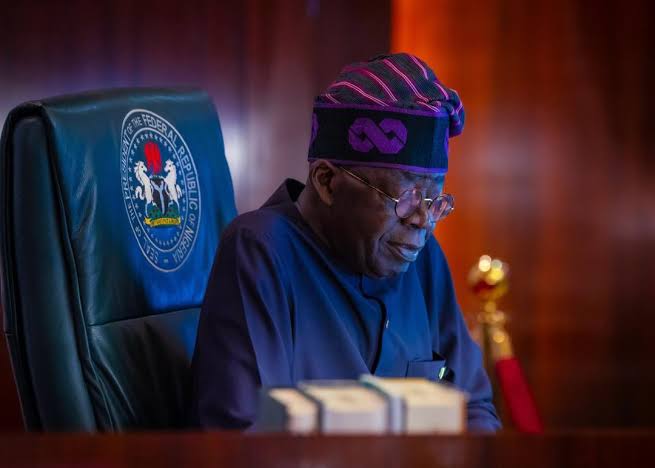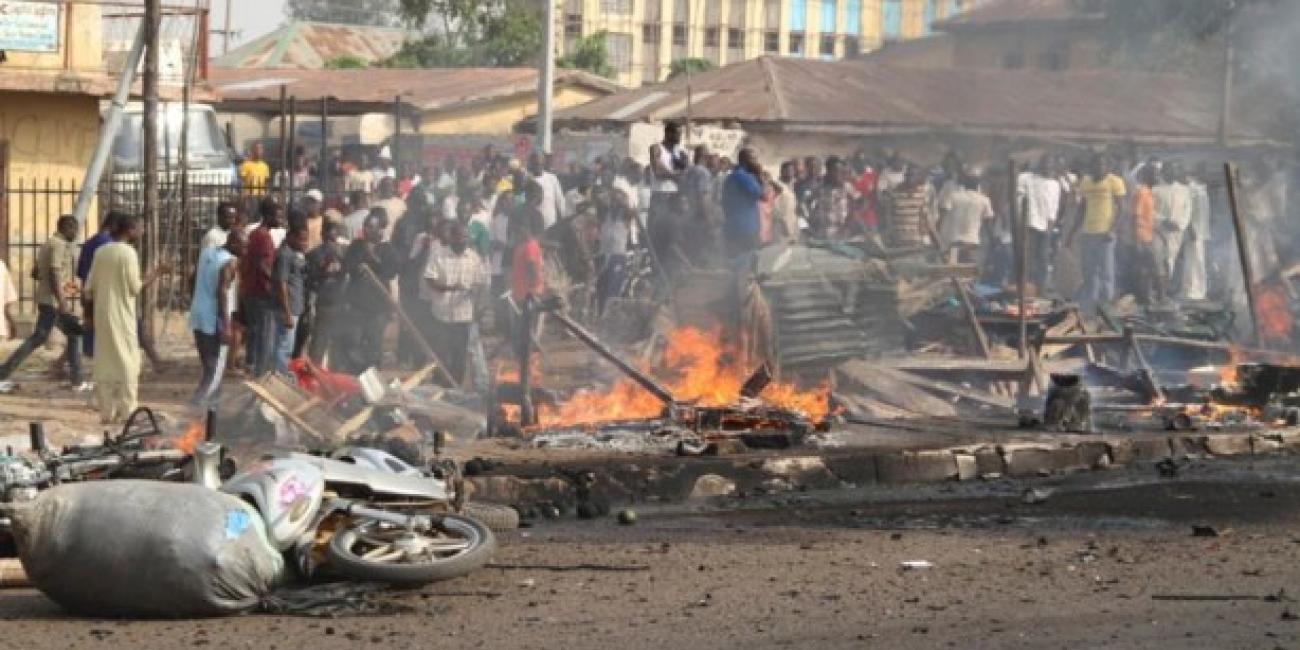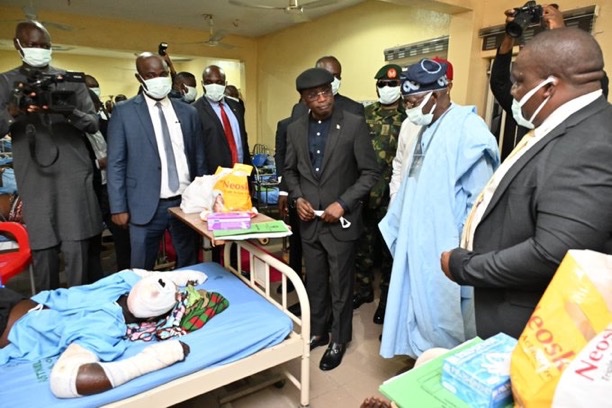President Bola Ahmed Tinubu is set to deliver a nationwide broadcast at 7:00 a.m. on Thursday, June 12, 2025, to commemorate Nigeria’s 2025 Democracy Day, celebrating 26 years of uninterrupted democratic governance since 1999. The address, which will be aired live on the Nigerian Television Authority (NTA) and the Federal Radio Corporation of Nigeria (FRCN), is expected to highlight the significance of Nigeria’s democratic journey and outline the administration’s plans to address pressing national issues. This annual event underscores the resilience of Nigeria’s democracy, which has endured challenges since the return to civilian rule.
Following the morning broadcast, President Tinubu will participate in a significant joint session of the National Assembly at noon in the House of Representatives chamber in Abuja. This session will provide a platform for the President to reflect on the milestones achieved in Nigeria’s democratic history and articulate his administration’s vision for deepening democratic institutions and fostering national development. The joint session is a key highlight of the Democracy Day activities, drawing lawmakers, government officials, and dignitaries to discuss the state of the nation.
At 4:00 p.m. on the same day, a public lecture themed “Consolidating on the Gains of Nigeria’s Democracy: Necessity of Enduring Reforms” will take place at the State House Conference Centre in Abuja. This lecture aims to engage policymakers, scholars, and civil society in a discourse on the reforms needed to strengthen Nigeria’s democratic framework and address systemic challenges such as electoral integrity, governance transparency, and economic stability. The event will feature prominent speakers who will offer insights into sustaining Nigeria’s democratic progress.
Unlike previous years, the 2025 Democracy Day celebration will not include a traditional parade, signaling a shift toward more reflective and dialogue-driven activities. The decision to forgo the parade reflects the administration’s focus on substantive engagements, such as the public lecture and the joint session, to foster meaningful conversations about Nigeria’s democratic future. This change has sparked discussions among citizens, with some viewing it as a pragmatic move to prioritize policy discourse over ceremonial displays.
The Democracy Day celebration holds historical significance, as it commemorates the annulled June 12, 1993, presidential election, widely regarded as Nigeria’s freest and fairest, won by the late Chief Moshood Abiola. The recognition of June 12 as Democracy Day, formalized by former President Muhammadu Buhari in 2018, honors the sacrifices of pro-democracy activists who fought for the restoration of civilian rule. President Tinubu, a key figure in the pro-democracy movement during the military era, is expected to pay tribute to these efforts in his address.
President Tinubu’s broadcast is anticipated to address critical national issues, including economic reforms, security challenges, and efforts to improve governance. His administration has faced scrutiny over rising inflation, unemployment, and insecurity, and Nigerians will be keen to hear updates on policies such as fuel subsidy removal, naira devaluation, and counter-insurgency operations. The address will likely aim to reassure citizens of the government’s commitment to delivering on its promises while rallying support for ongoing reforms.
The joint session of the National Assembly will also serve as an opportunity for the President to engage directly with legislators on key policy priorities. Discussions may focus on the 2025 budget, constitutional amendments, and initiatives to enhance federal-state collaboration. The session underscores the importance of legislative-executive synergy in advancing Nigeria’s democratic and developmental goals.
The public lecture later in the day will provide a platform for intellectual discourse on Nigeria’s democratic trajectory. Experts are expected to analyze the successes and shortcomings of Nigeria’s democracy, offering recommendations for reforms in areas such as judicial independence, electoral processes, and anti-corruption measures. The lecture’s theme emphasizes the need for sustained reforms to consolidate democratic gains and ensure long-term stability.
Public reactions to the planned activities have been mixed, with some Nigerians expressing hope that the President’s address will provide clarity on economic and security challenges, while others remain skeptical about the impact of such events. Social media platforms, including X, have seen debates about the significance of Democracy Day and the government’s performance, with citizens calling for tangible outcomes from the celebrations. The absence of a parade has also been a point of contention, with some viewing it as a missed opportunity for national unity.
The 2025 Democracy Day events reflect the Tinubu administration’s approach to balancing symbolic gestures with substantive policy discussions. By prioritizing the broadcast, joint session, and public lecture, the government aims to engage Nigerians in a meaningful dialogue about the future of democracy. These activities underscore the administration’s recognition of the need to address public concerns while reinforcing the importance of democratic values.
As Nigeria marks 26 years of democracy, the focus on enduring reforms highlights the challenges and opportunities ahead. The events of June 12, 2025, will serve as a moment for reflection on Nigeria’s democratic journey and a call to action for citizens and leaders to work together in building a stronger, more inclusive nation. President Tinubu’s address and the accompanying activities will set the tone for the administration’s priorities in the year ahead.




